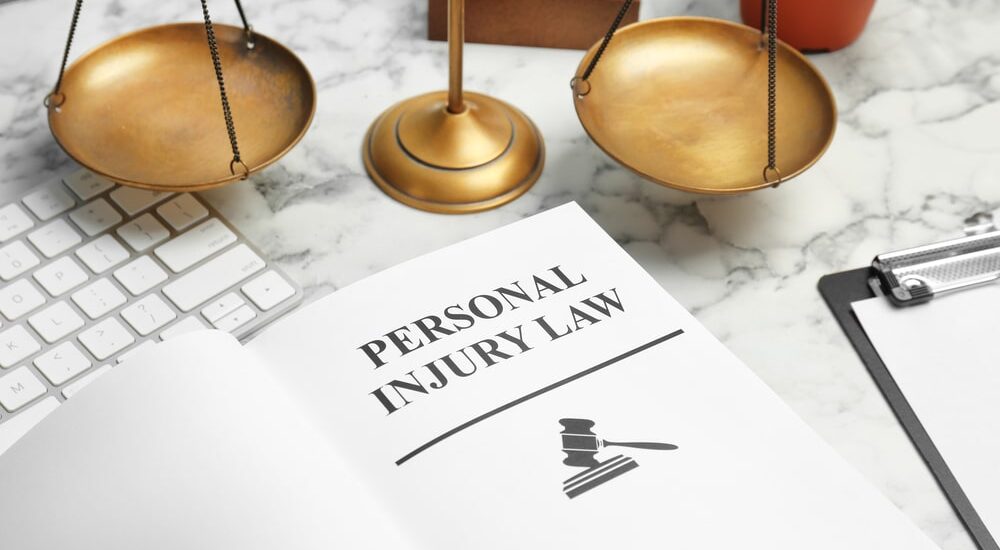- November 26, 2023
- Posted by: Cherie Davis
- Category: Uncategorized

The Importance Medical Evidence In Personal Injury Cases
In personal injury claims, medical evidence plays a crucial role, serving as the cornerstone upon which cases are built, argued, and ultimately resolved.
Significance Of Medical Evidence
Medical evidence is paramount in personal injury claims as it substantiates the existence and extent of injuries claimed by the plaintiff. It bridges the gap between the incident and the alleged harm, providing a tangible link that can be scrutinized and understood within the legal framework. Without concrete medical evidence, claims may lack credibility, and plaintiffs might struggle to establish the full impact of their injuries, both physically and psychologically.
Types Of Medical Evidence
- Medical Records: These include hospital records, treatment notes, diagnostic test results, and prescriptions. They provide a chronological account of the injury, treatment, and recovery process.
- Expert Testimonies: Medical experts, often specialists in fields relevant to the specific injury, can provide insights into the severity, prognosis, and future treatment needs of the injury. They can also opine on the causation – whether the injury is directly linked to the incident in question.
- Diagnostic Imaging: X-rays, MRIs, and CT scans offer objective proof of the injury, revealing internal damages that are not visible externally.
- Psychological Evaluations: In cases where mental trauma is claimed, psychological evaluations and psychiatric records become crucial.
Challenges In Utilizing Medical Evidence
- Complexity: Medical evidence can be highly technical and complex, making it difficult for laypersons, including jurors, to understand without expert interpretation.
- Privacy Concerns: Handling medical records involves navigating privacy laws and regulations, such as HIPAA in the United States, which govern the disclosure of health information.
- Causation vs. Correlation: Establishing a direct causal link between the incident and the injury can be challenging, especially in cases with pre-existing conditions.
- Bias and Credibility of Experts: The objectivity of medical experts can be questioned, especially if they have a history of predominantly supporting either plaintiffs or defendants.
Impact Of Medical Evidence On Claim Outcomes
- Valuation of Claims: Comprehensive medical evidence can significantly influence the valuation of a claim. It provides a basis for calculating economic damages like medical expenses and non-economic damages like pain and suffering.
- Negotiations and Settlements: Robust medical evidence often leads to stronger negotiation positions, potentially resulting in higher settlement offers.
- Trial Outcomes: In cases that go to trial, medical evidence can sway jury opinions and judgments, making it a critical element of the trial strategy.
- Future Care Needs: Detailed medical evidence can project future care requirements, influencing claims for ongoing or future medical expenses.
The role of medical evidence in personal injury claims cannot be overstated. It provides the factual foundation needed to establish the cause and extent of injuries, thereby influencing every aspect of the claim process – from initial evaluations to final settlements or judgments. As legal and medical fields continue to evolve, so will the methods and implications of using medical evidence, underscoring its enduring significance in the realm of personal injury law.
